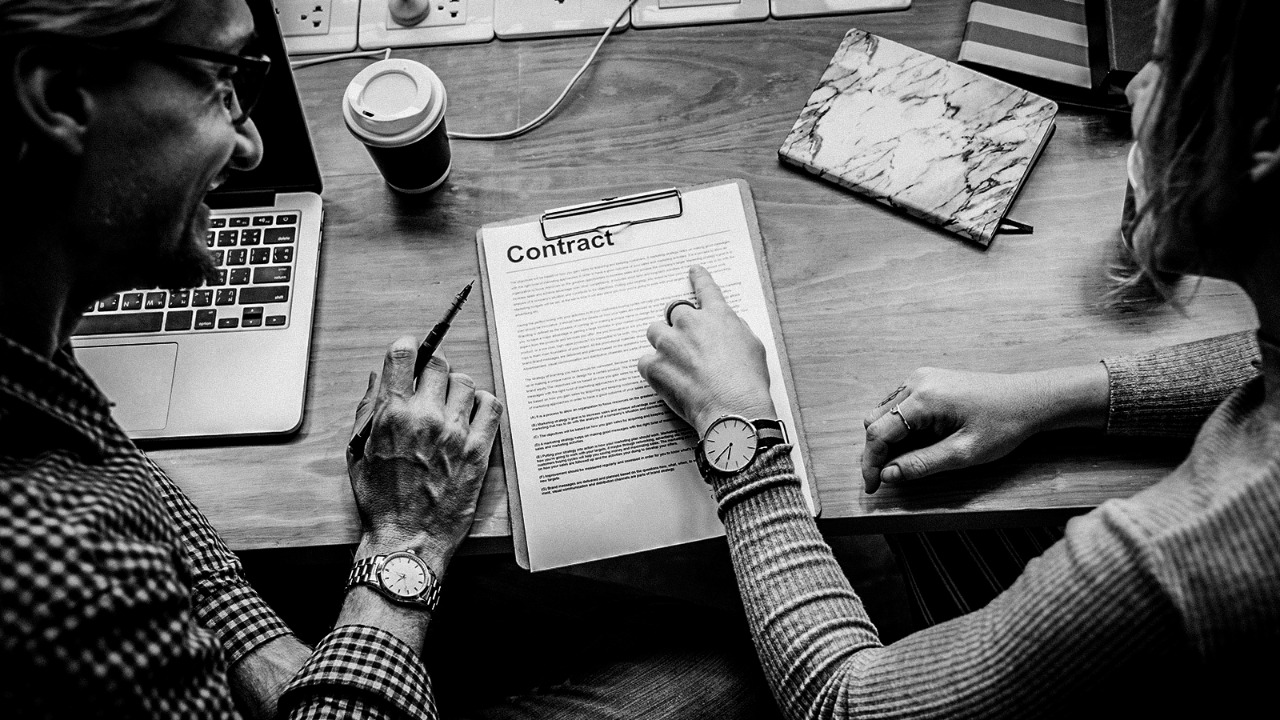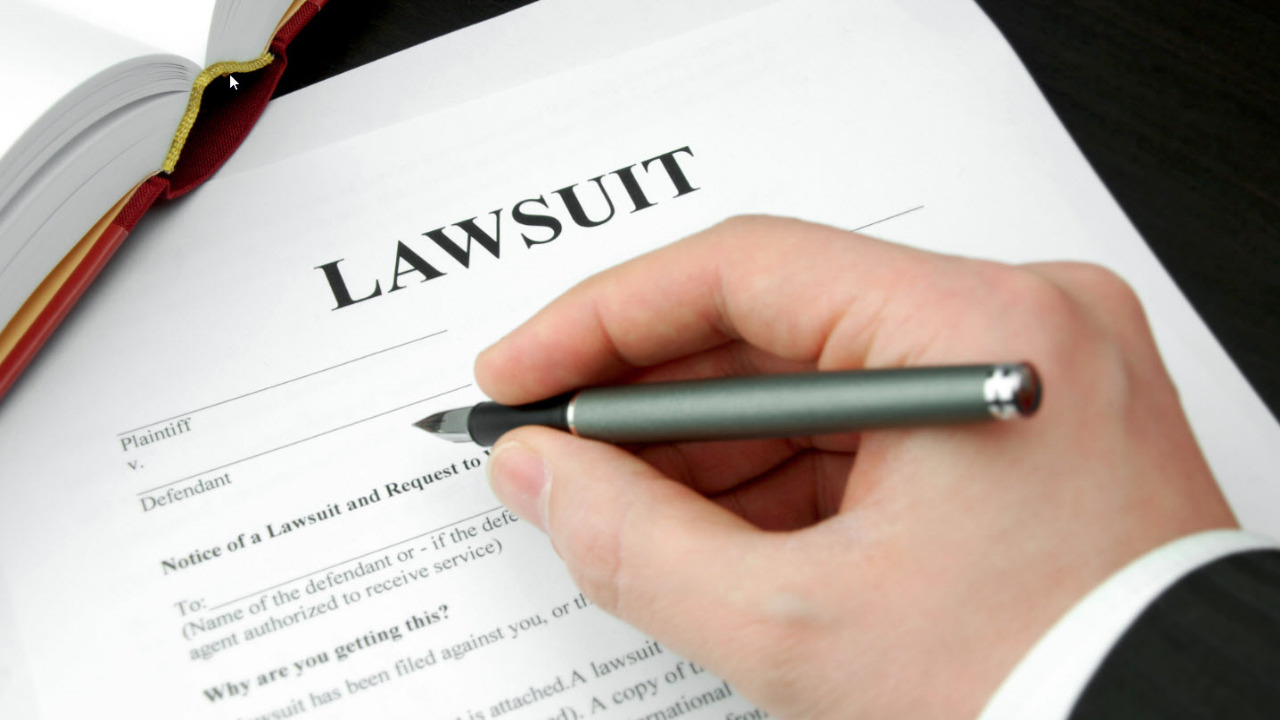Personal injury cases are not the simplest things to handle. The following guide will help you in this task.
The first step in an injury case is to talk to a personal injury lawyer. They will be the ones who should be able to handle all the paperwork and other details of the case. This ensures that professionals are handling this, who know what they are doing and can help you get compensated for all your damages.
A personal injury lawyer in Bergen County, NJ, for instance, can handle many cases involving injuries. The lawyer can offer advice and protection to victims of accidents and injuries.
Before you meet with a personal injury lawyer, to get help with your case, you should take a few steps. First, figure out what type of injury you have or if the victim died. Second, find out whether the defendant has insurance for your claim. Third, figure out what damages you have suffered from the accident (medical bills, lost wages due to time off work). Fourth, hire a personal injury lawyer and get them on your side asap!
Get Everything in Writing

After suffering a personal injury, you first should gather as much information as possible about the incident. The police report and any photos taken at the scene, as well as any and all medical bills and receipts, including those for physical rehabilitation, and any contact information for any witnesses. Gathering witness information is crucial since your lawyer may need to contact potential witnesses. See if a surveillance camera nearby captured any footage of the incident. Furthermore, providing your own version of the incident could be helpful.
Find out about local accident attorneys by doing some digging

Make sure to give yourself plenty of time to find a local personal injury attorney. Do not automatically choose the cheapest alternative. Instead, look for a lawyer with experience in individual injury cases and expertise in the type of accident you were in. You can always ask your friends and family for referrals if you don’t know a good lawyer.
Filing a Civil Complaint

By carefully negotiating with the insurance companies, we can often resolve claims for our clients without needing to file formal complaints. However, some insurance providers either fail to offer settlements at all or actively contest the liability of their insureds. If that happens, your attorney may suggest going to court to file a civil complaint. A personal injury lawsuit often begins with the filing of a civil complaint. Your lawyer will see to it that the other party is served with the complaint once it has been filed. The defendant must file an “answer” to the complaint within a certain time frame. The discovery phase of a lawsuit follows the filing of the complaint and the answer.
Discovery

During discovery, the parties to a lawsuit share information and documents. To assess the case, you and the defendant will need to exchange evidence. During the discovery process, which can last many months, documents will be exchanged, and possibly depositions will be taken. The other side must respond to a list of written questions (interrogatories) within a certain amount of time. Depositions are informal proceedings held outside of court where attorneys can interrogate witnesses under oath. During discovery, both parties have an opportunity to learn more about the other and form their own opinions on the claim’s merits and worth. Throughout the discovery process, the parties will attempt to establish a settlement agreement through further negotiations.
Mediation
One way that disputing parties can try to work out their differences is through a mediation session. Depending on the circumstances, it could be set up either before or after a lawsuit is filed. Many current and former judges work as mediators because of their unique skill set and ability to act as neutral third parties. There is a relaxed, informal atmosphere during the mediation process. The mediator will confer separately with each side to facilitate a compromise. Your case may hinge on your decision-making in mediation, so it’s essential to have an experienced lawyer by your side.
Conclusion
A personal injury lawyer will have an understanding of what your medical bills are and will also determine if any other losses need compensation. They should provide you with a plan for how much time will be needed for this entire process so that you have some idea about when it might end.
If you have been injured on the job, then certain legal protections offer compensation for those injuries, like workers’ compensation benefits or Social Security Disability Insurance (SSDI).